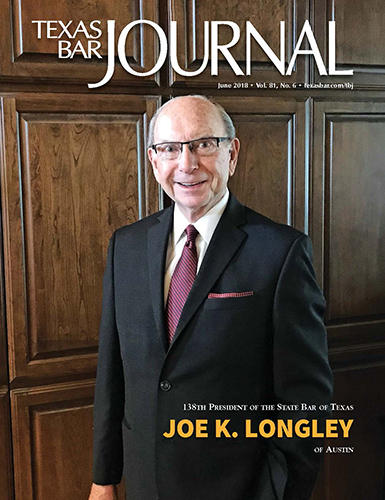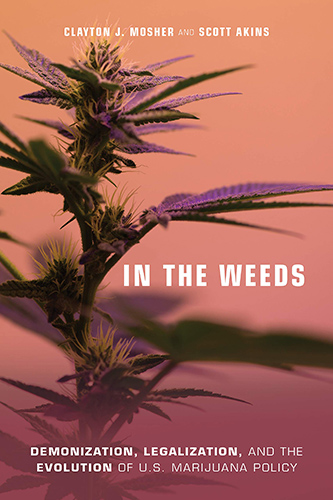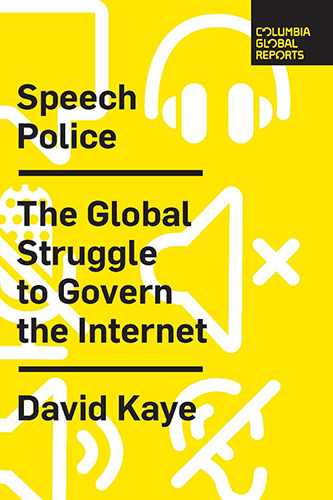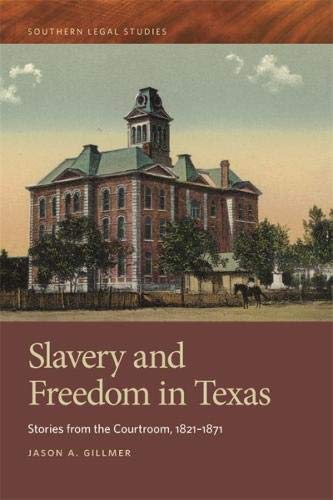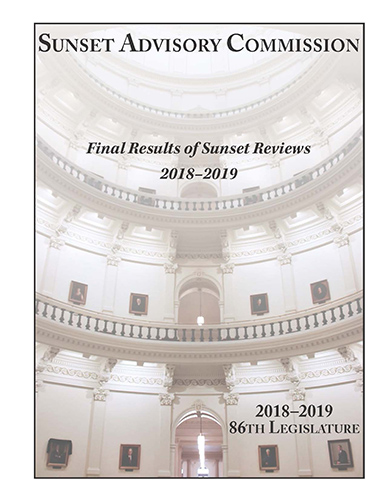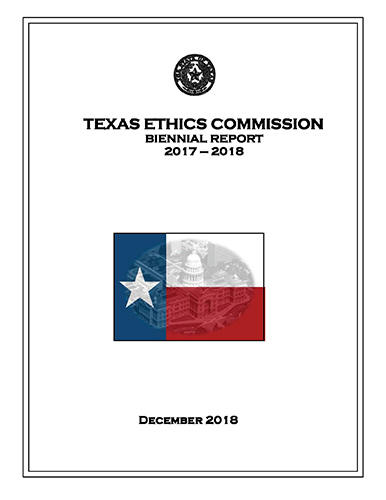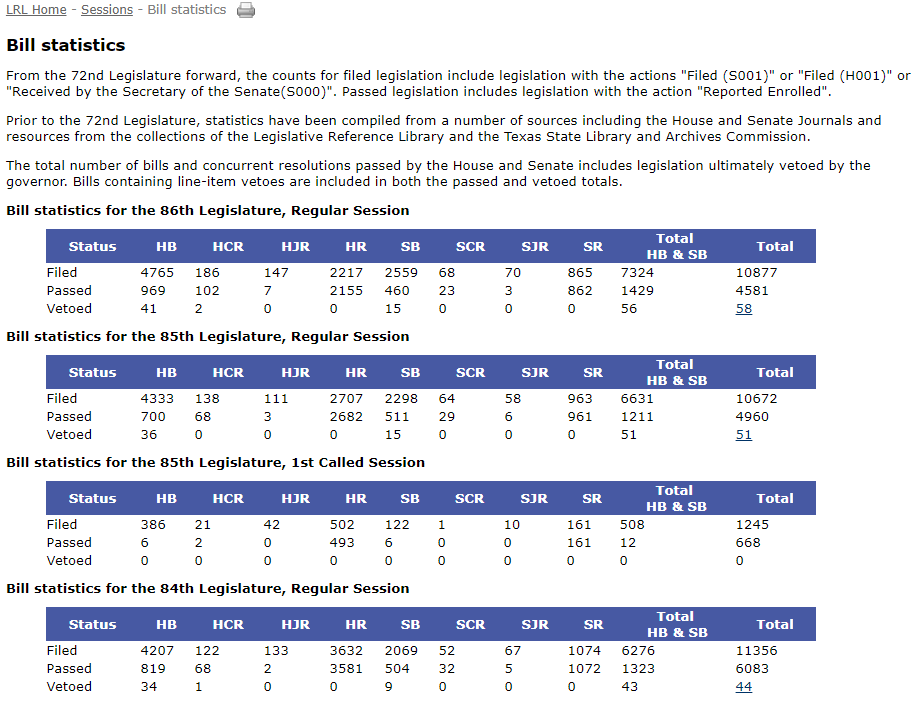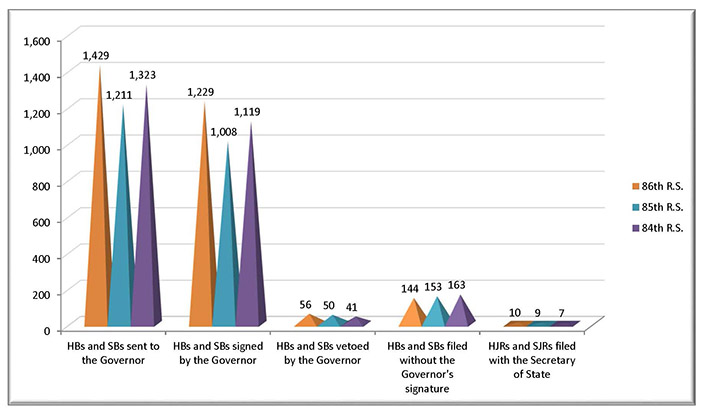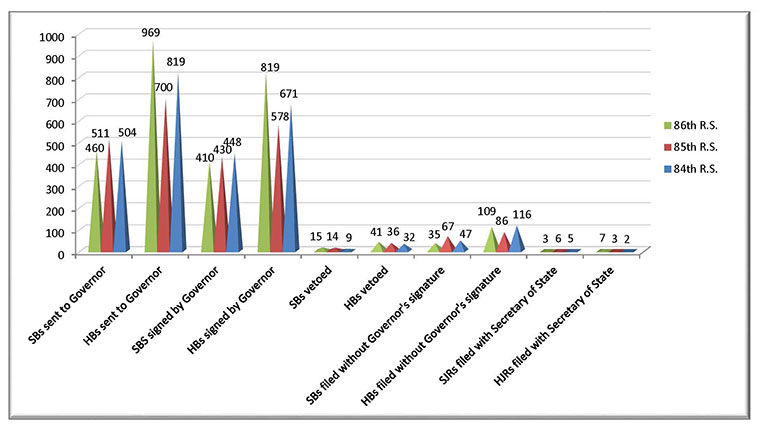- Explore interactive data related to the National Do Not Call Registry. (Federal Trade Commission, July 30, 2019)
- See when the sales tax holiday for school supplies takes place. (Texas Comptroller of Public Accounts, July 2019)
- Examine the political geography of major metropolitan areas. (FiveThirtyEight, May 20, 2019)
- Track U.S. government data breaches since 2014. (Comparitech, July 24, 2019)
- "Getting in range." By Jacob Fischler. CQ Weekly, July 8, 2019, pp. 31-33.
Discusses impact of the Volkswagen emission test settlement on the electric vehicle charging infrastructure in the United States. Notes Texas plans to spend $31.4 million of the settlement, more than any other state, to expand the state's infrastructure and alleviate range anxiety. - "Garland is building its own workforce of the future." Dallas Business Journal, July 19, 2019, p. 6.
Profiles Garland Independent School District's Gilbreath-Reed Career and Technical Center, a state-of-the-art facility that is developing a skilled workforce pipeline for businesses in Garland and surrounding areas. Includes interview with Paul Mayer, CEO of the Garland Chamber of Commerce. - "Innovation in insurance: Run for cover." Economist, July 20th-26th, 2019, pp. 59-60.
Reports on the lack of innovation in the insurance industry, noting insurers' products and processes are losing touch with 21st-century life. Points out insurers' weaknesses and growing competition from reinsurers, digital entrepreneurs, and Big Tech (Amazon, Apple, and Google). - "Surveillance technology: Vision quest." Economist, July 13th-19th, 2019, p. 28.
Highlights a recent hearing of the United States House Committee on Homeland Security that examined the federal government's use of facial recognition and biometric technologies, as well as the civil liberties implications of these technologies. - "Kicking back kicks in for rural counties: Texas state parks provide economic boost to local economies." By Ramona Reeves. Fiscal Notes, July 2019, pp. 1-4.
Highlights the economic benefits of state parks for rural and less populated areas of Texas. Notes state parks accounted for $891 million in sales activities in 2018 and $240 million in economic impact on area resident incomes, according to a January 2019 report by Texas A&M University. - "Depth over breadth." By Daniel Kreisman and Kevin Stange. Internet Resource, Fall 2019, pp. 1-8.
Analyzes results of a study conducted on the value of vocational education in high schools. Examines the relationship between vocational or career and technical coursework and high school graduates’ success in college or in the workforce. Discusses policy implications for high schools. - "Local Rep urges protest of TWIA rate hike." By Suzanne Freeman. Internet Resource, July 25, 2019, pp. 1-3.
Reports that the Texas Windstorm Insurance Association [TWIA] may increase insurance rates at their August board meeting. Includes reactions from Representatives Todd Hunter and Mayes Middleton. Mentions SB615, 86th Legislature. - "Pharmacy benefit manager reform: Lessons from Ohio." By Trevor J. Royce, Sheetal Kircher, and Rena M. Conti. JAMA (Journal of the American Medical Association), July 23/30, 2019, pp. 299-300.
Describes Ohio's efforts to increase pharmacy benefit manager [PBM] accountability, promote more transparent pass-through pricing, and reduce the use of pharmacy gag clauses. - "States should reject corporate demands for "deferred tax" deductions." By Michael Mazerov. Journal of MultiState Taxation and Incentives, July 2019, pp. 22-29.
Analyzes the arguments for providing corporations deferred tax deductions at the time of a state rate increase. Finds adverse effects on stockholders and stock prices implausible and recommends no additional states grant such deductions. - "Nexus news: Does due process provide any protection at all?" By June Summers Haas and Daniel L. Stanley. Journal of State Taxation, Summer 2019, pp. 9-12.
Discusses the implications of two recently decided court cases related to protections provided by the Due Process Clause in the aftermath of South Dakota v. Wayfair. Summarizes Greenscapes Home and Garden Products v. Testa, in which a Georgia company has been required to pay Ohio's commercial-activity tax, and North Carolina Dep't of Revenue v. Kimberly Rice Kaestner 1992 Family Trust, concerning the efforts of North Carolina to tax the trust income of a resident. - "Are fiscal rules an effective restraint on government debt?" By Veronique de Rugy and Jack Salmon. Policy Brief (Mercatus Center, George Mason University), July 16, 2019, pp. 1-15.
Assesses the underlying problems with the United States' budgetary process and explores the effectiveness of fiscal rules in restraining government spending growth. Presents examples of countries that have proven effective at controlling spending. - "Fortnightly Smartest Communities 2019: Austin, Columbus, San Antonio, Spokane, suburban Birmingham." Public Utilities Fortnightly, July 2019, pp. 22-57 (Note Length).
Highlights achievements of the winners of Fortnightly Smartest Communities 2019, including Austin and San Antonio. - "Driven to distraction." By Ann Kitch. State Legislatures, July/August 2019, pp. 32-33.
Reports 2019 has been an active year for state legislation relating to distracted driving. Points out the challenges of enforcing and assessing the effectiveness of handheld phone bans. - "Real estate wins at the Texas Capitol." By Jaime Lee. Texas Realtor, July 2019, pp. 18-22.
Highlights legislation of interest to the Texas real estate industry that was enacted by the 86th Legislature. Presents the 86th Texas Legislature Hall of Fame, recognizing legislators who championed pro-consumer and private property rights legislation. - "Keeping house." By Ali Anari. Tierra Grande, July 2019, pp. 6-9.
Discusses the effect of location on homeownership affordability in the United States and Texas. Ranks homeownership affordability by state and by Texas cities. Notes that the affordability gap between Texas and the nation has narrowed since the Great Recession.
The Legislative Reference Library compiles this weekly annotated list of Current Articles of interest to the legislative community. Professional librarians review and select articles from more than 300 periodicals, including public policy journals, specialized industry periodicals, news magazines, and state agency publications. Members of the Texas legislative community may request articles using our online form.

